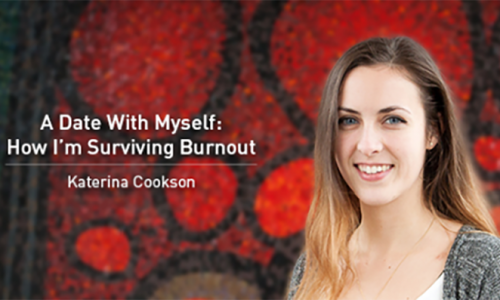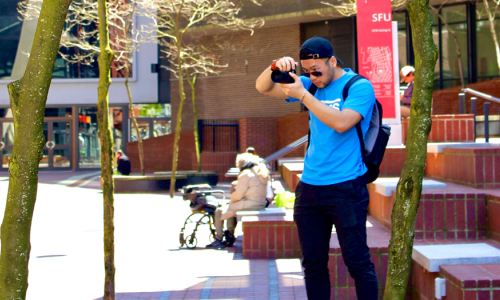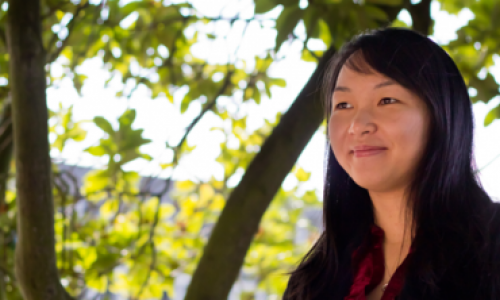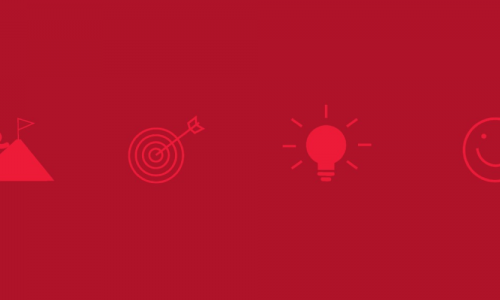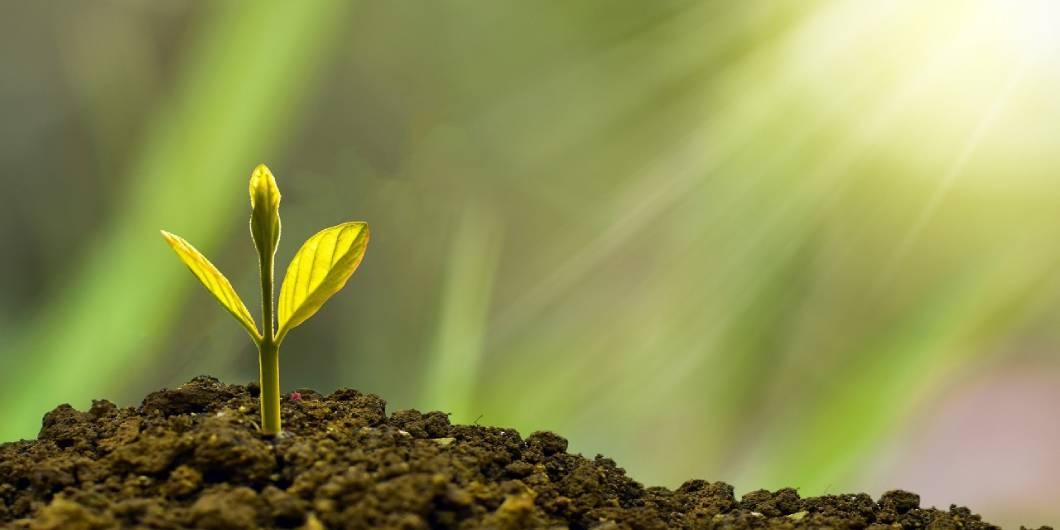
“We are in the same storm, but not the same boat”
- Unknown
Our day to day experiences are much like the weather, constantly changing. At this time in history, I think it’s fair to say we are in a storm. Daily life presents a steady stream of challenges and most of us are likely experiencing more challenges now than ever before due to the impact of COVID-19.
It is also important to acknowledge that we are all in different boats as we weather this storm. Some of us may be privileged. For example we may be financially secure, not living with a disability, have close personal connections with people who live in our homes or close by, and/or have more power in oppressive systems due to our race and status. And many of us are weathering this storm while also contending with the additional stressors associated with race/ethnicity and Indigeneity, migration/refugee status, disability, financial hardship and/or numerous other environmental and personal stressors. Finding our way through these challenges and adversity, while facing so much uncertainty in a constantly changing landscape, is incredibly hard and it can leave us feeling exhausted and emotionally overwhelmed. If you are feeling overwhelmed and stressed, you are not alone.
Fortunately humans are resilient; we have all survived previous challenges and we all have some tools that have helped us continue to move forward. The experience of significant adversity and trauma is stressful and distressing; being resilient does not mean that you will not experience emotional pain. Resilience can be understood as our ability to harness internal and external resources in order to sustain our well-being when faced with adversity (Panter-Brick & Leckman, 2013). We all possess varying levels of resilience and our capacity to be resilient is not fixed. Resilience is supported through our thoughts and actions and resilience can be further developed through practice and intentionality. Increased resilience can allow us to feel more empowered when facing challenges and experience increased personal growth through life’s storms.
Strategies to Cultivate Resilience
Connect
Connecting with others and your culture fosters resilience. Share your experience, look for opportunities to meet new people and try to connect with others who share similar beliefs, values and cultural practices.
The reality is that COVID-19 has made connecting more difficult (and potentially less satisfying) but it is important to create opportunities for connection. Perhaps working from home has provided you with more downtime. Call, text, email or plan Zoom or socially distanced dates with people you care about. Consider joining a virtual group or starting a group of your own. Connecting can provide a sense of support, a sense of purpose and opportunities for laughter and joy.
Take Care of Your Body
Adequate sleep, nutrition, and exercise all strengthen your body and can help you better adapt to, and cope with, stress.
Take Purposeful Action
What’s important to you? What are your values? Doing things that are meaningful to you can be empowering and enhance your well-being. For example volunteering, advocacy or helping a friend in need can foster a sense of purpose and increase your resilience.
Develop some realistic goals based on your values. Try to take small steps towards your goals on a regular basis. Think about one SMALL thing you can accomplish each day. Remember that these small steps are getting you closer to what you’d like to achieve.
Problem Solve
Ask yourself what you CAN do. What’s within my control? What are my options? If the problem seems too big, consult with others or try to break tasks down into smaller more manageable pieces.
Be Open to Growth and Sunny Breaks
Challenges can be an opportunity for personal growth. See if you can identify what you have learned and how you may have grown through the process.
Like the weather, the intensity and impact of our emotional experiences constantly shift and change. See if you can notice moments of calm, pleasure, satisfaction or even just moments that aren’t completely debilitating.
Seek Help
A key skill associated with increased resilience is the ability to ask for help. Help can come from many sources including online resources, friends, family members, partners, colleagues or supervisors. However, if you are having difficulty functioning in a meaningful way or doing basic tasks it could be beneficial to seek professional support from a counsellor or psychologist. A mental health professional can help you explore your experience and help you develop strategies to manage distress and move toward your goals.
Beyond the Blog
-
For more information, visit SFU's Health and Counselling's homepage!











